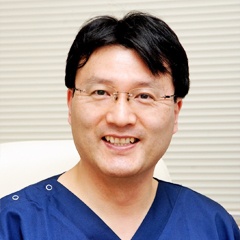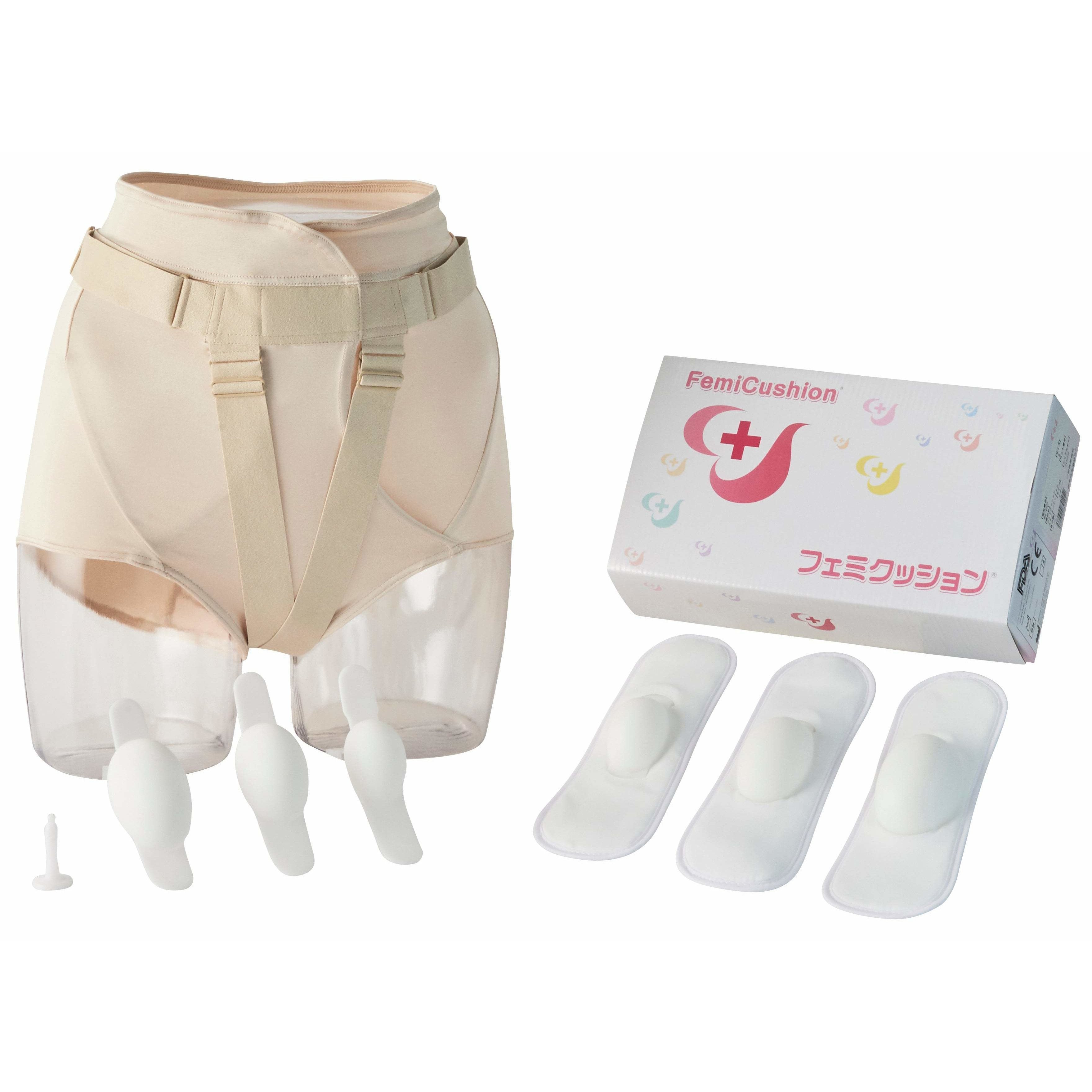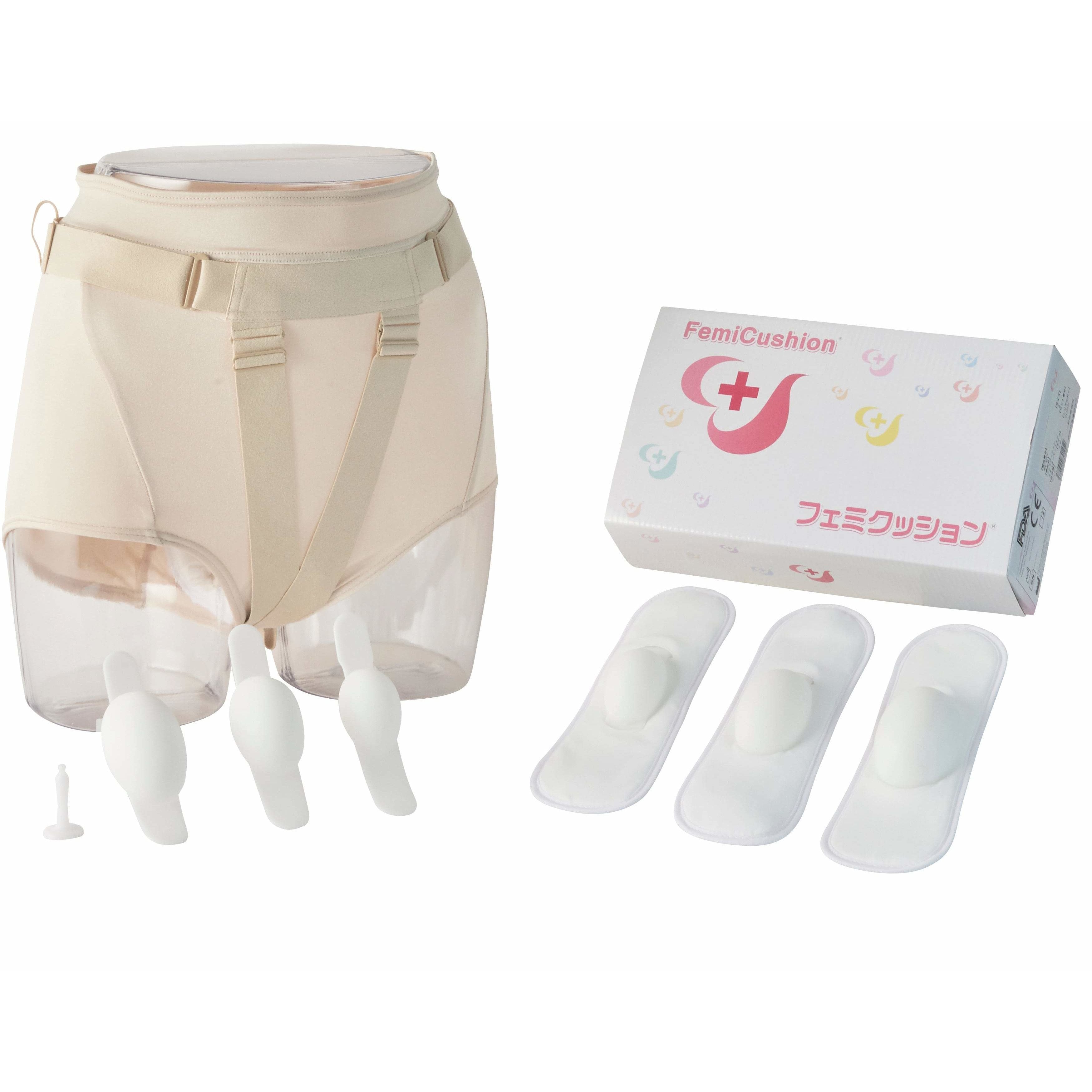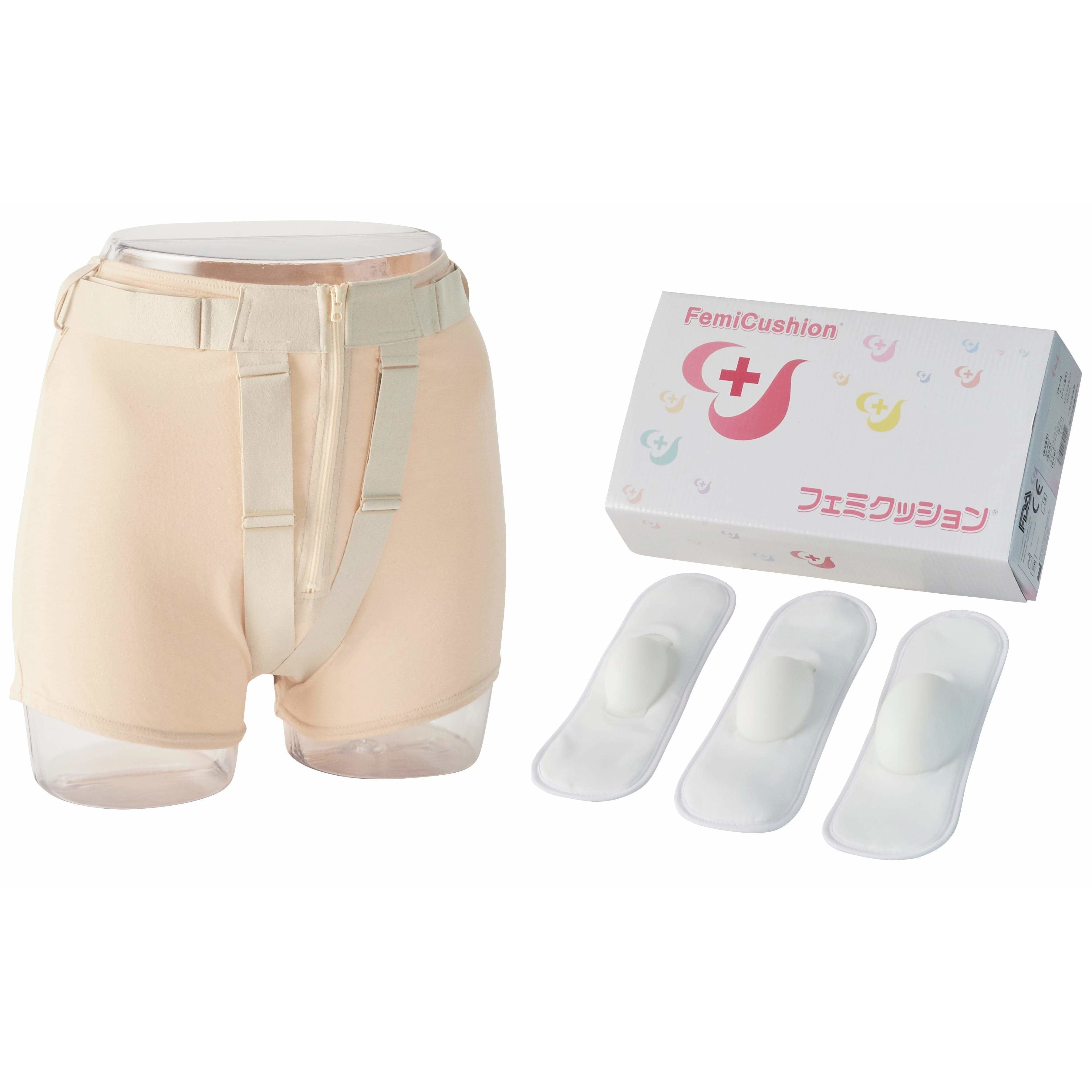
In April 2019, the Food and Drug Administration (FDA) ordered that all makers of vaginal mesh for transvaginal repair of pelvic organ prolapse to stop producing and distributing this product immediately. Every year, thousands of women undergo surgery to repair their pelvic floor. However, the FDA has judged that makers of these devices "have not demonstrated reasonable assurance of safety and effectiveness." Therefore, the FDA is taking action to protect the health of these women across the United States.
The following is a quote from Jeffrey Shuren, M.D., the Director of FDA's Center for Devices and Radiological Health:
“In order for these mesh devices to stay on the market, we determined that we needed evidence that they worked better than surgery without the use of mesh to repair POP. That evidence was lacking in these premarket applications, and we couldn’t assure women that these devices were safe and effective long term.”
The FDA recalled vaginal mesh (a surgical mesh intended for transvaginal repair of POP), but surgical mesh for other treatments of pelvic organ prolapse is still safe.
What is Surgical Mesh?
Surgical meshes are implanted into the body to provide support to weakened or damaged tissues. Most of these surgical meshes are either man-made (synthetic) or made out of animal tissue (animal-derived). Synthetic meshes are made out of man-made materials that can be found in knitted meshed or knitted sheet forms. On the other hand, animal (cows and pigs) tissue like intestine or skin is used to make animal-derived mesh. Surgical meshes are implants placed inside the body to reinforce and strengthen the pelvic floor. Urogynecologists most commonly use surgical meshes for treating pelvic organ prolapse and stress urinary incontinence.
History of Surgical Mesh and Pelvic Organ Prolapse
Surgical Mesh has been used to repair abdominal hernias for many years. Surgeons has been using this product since the 1950s. Soon gynecologists implemented surgical meshes in their practice and used it for abdominal repair of pelvic organ prolapse in the 1970s and for transvaginal repair of pelvic organ prolapse is the 1990s. Studies show that about 1 in 8 women undergo surgery to repair their pelvic floor as a result from POP, and a percentage of those surgeries are completed using vaginal mesh. In the recent years, vaginal mesh surgeries for POP drastically decreased due to the warnings the FDA. The FDA received an increased number of reports that shows adverse effects associated with the use of surgical mesh for transvaginal POP surgeries. To protect the public health, FDA put a ban on using vaginal mesh for POP repair.
What if I Had Transvaginal Mesh Surgery?
For the women who have undergone POP surgery using the tansvaginal mesh, it is important to show up to their routine check-ups. FDA states that no action is necessary if the patient is satisfied with their surgery results. However, if complications occur like pain, discomfort, vaginal bleeding, etc. it is important to notify their doctor right away and inform them of the vaginal surgical mesh.
To read more about it, click here.
References
2.https://www.fda.gov/medical-devices/implants-and-prosthetics/urogynecologic-surgical-mesh-implants
Disclaimer
The information on this site is not intended or implied to be a substitute for professional medical advice or diagnosis. All content, including text, graphics, images, and information, contained on or available through this website is for informational purposes only.
Supervising Doctor of This Article

Koichi Nagao, MD PhD
Professor, Department of Urology, Toho University Faculty of Medicine
Director of Urinary tract reconstruction center, Toho University Omori Medical Center
Director of Reproduction Center, Toho University Omori Medical Center
Professor Nagao specializes in plastic surgery in the field of reproductive medicine. He completed eight years of plastic surgery training at Showa University before majoring in urology at Toho University. With his meticulous surgical techniques and careful examinations that combines urology and plastic surgery, Professor Nagao became a Board Certified Specialist with multiple associations including the Japanese Urological Association, the Japan Society for Reproductive Medicine, and the Japanese Society for Sexual Medicine.
The suggested Products

FemiCushion EasyOpen Deluxe Kit
$299.99

FemiCushion Standard Deluxe Kit
$299.99

FemiCushion Lite Kit
$249.99
